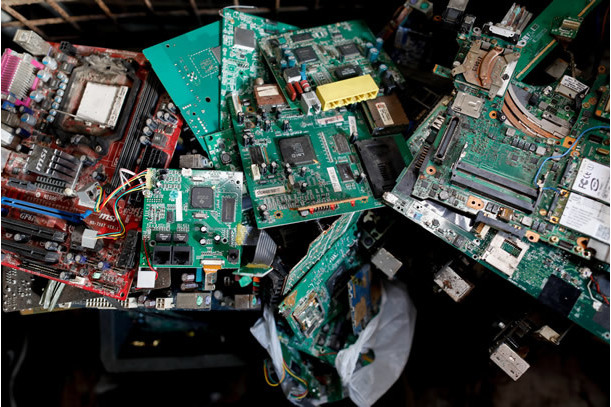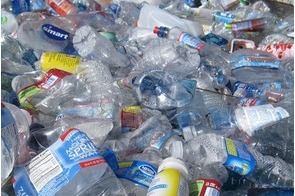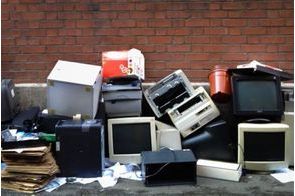Group forms global initiative to push responsible and circular electronics

Summary
Adding two years to product life reduces emissions by as much as 30 percent.
More than 20 organizations have come together in a global initiative to tackle the social and environmental problems of electronics. The Circular Electronics Initiative aims to encourage organizations and consumers to take a more responsible approach to the electronic goods they use. One core activity of the initiative is the annual event #CircularElectronicsDay.
“#CircularElectronicsDay has now been running for a few years and has attracted a lot of attention, and we feel that more can be done,” said Andreas Nobell, Development Manager at TCO Development, one of the founding organizations. “This is not an issue just one day of the year but something we should continue to talk about. That is why we have now formed this initiative.”
The current, linear way of producing and consuming products is ruining fragile ecosystems, causing the loss of valuable natural resources and critical raw materials, the group said in a statement sent to Financial Nigeria today. In a circular economy, resources are handled more responsibly. The goal of the Circular Electronics Initiative is to create awareness around the need for a longer life for electronic products and greater recirculation of all materials while minimising waste.
“The Circular Electronics Initiative has gathered some concrete things you can do to contribute to the transition to make IT more circular and sustainable,” Andreas Nobell said. The actions recommended for a more circular and sustainable management of IT are re-evaluation of decision to replace current gadgets, upgrade and repair of products so they last longer, choosing products that carry a sustainability certification that includes robust criteria and that requires third-party verification, and carrying out necessary supplier due diligence for quality and performance for second-hand products.
The other measures are choosing durable products that are also repairable, climate compensate the e-waste footprint of new product, either by recycling a product with a similar footprint or by purchasing the offsetting as a service, and taking old electronics to recycler or refurbisher where they will be handled responsibly.
“As almost 80 percent of carbon emissions of a laptop occur in the manufacturing phase, extending product life will clearly lead to lower average annual emissions. Adding two years to product life reduces emissions by as much as 30 percent. As you can see, circular approaches have a real impact on the environment,” Andreas Nobell said.
To help consumers and buyers, the organizations behind the initiative have developed the quiz: “what do you know about circularity and electronics?”
The quiz is an easy way to get the conversation going about circular electronics. It aims to create awareness about the challenges the world faces concerning electronics production and consumption.
All electronics come with many social and environmental challenges. Conflict minerals, also referred to as 3TG, and used in IT products, are known to fuel wars and human rights abuses. Unsafe mining methods lead to severe health problems for workers and environmental degradation in the communities where they live. Throughout the life cycle, products release dioxins, halogens and other toxicants, which often persist in the natural environment and the human body.
Social responsible manufacturing is a continuing challenge throughout the IT supply chain, the group said. From raw materials extraction to final assembly, working hours, health and safety and forced labour are examples of industry-wide issues. Also, 50 million metric tonnes of e-waste is generated every year, equalling the weight of nearly 4,500 Eiffel towers. Much of it is incinerated or placed in landfills, causing pollution, human health hazards and the loss of valuable finite resources.
The organizations behind the initiative are 3stepIT, Advania, Aliter Networks, ATEA, Blocket, Chalmers Industriteknik, Circular Computing, Cistor, Closing the Loop, Dell, Dustin, ETIRA, European Remanufacturing Council, GIAB, Inrego, International Institute for Industrial Environmental Economics, IVL Swedish Environmental Institute, Lenovo, Recipo, Smithereens, TCO Development, and Tradera.
Related
-
How South Africa is leading the African circular plastics industry
The ICIS Mechanical Recycling Supply Tracker has identified just under 50 mechanical plastic recycling plants for PET, PE ...
-
CEO using the same computer for over 10 years to save the planet
“It was my ambition when I got the notebook ten years ago to keep it for many years,” Sören Enholm, CEO of ...
-
Global e-waste surging, up 21 per cent in 5 years
The findings of the Global E-waste Monitor 2020 suggest that humanity is not sufficiently implementing the SDGs.










